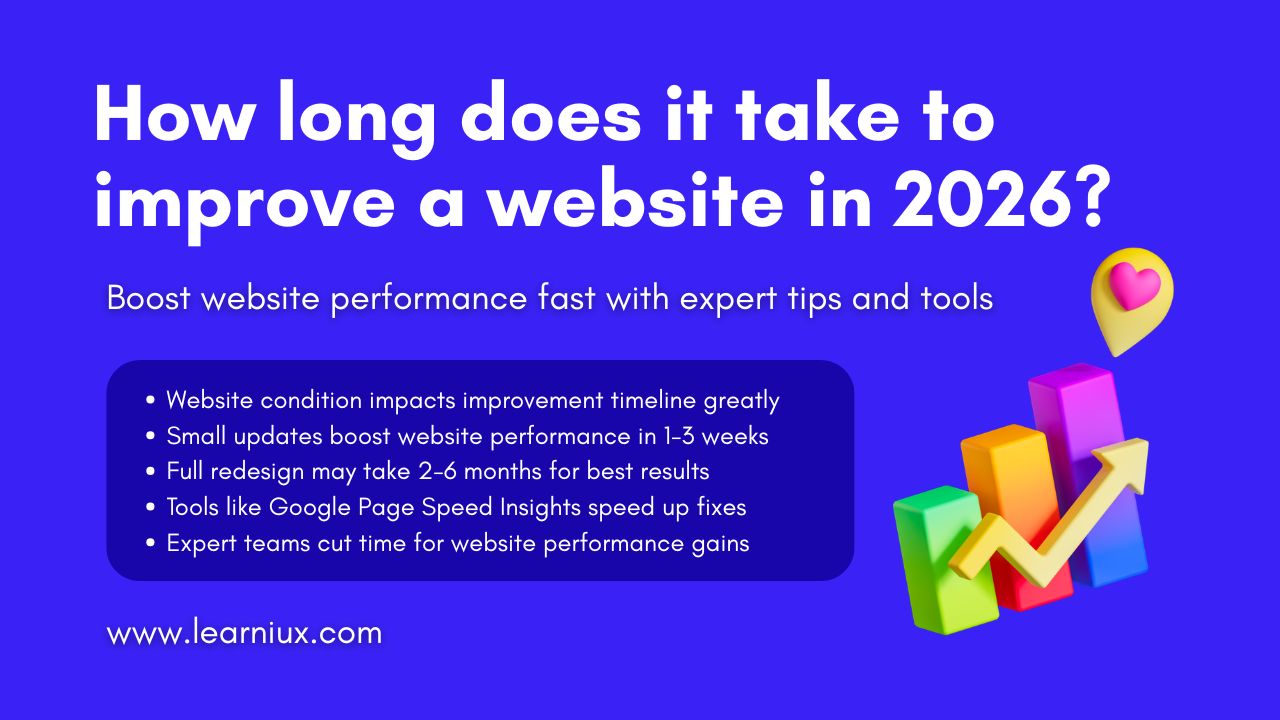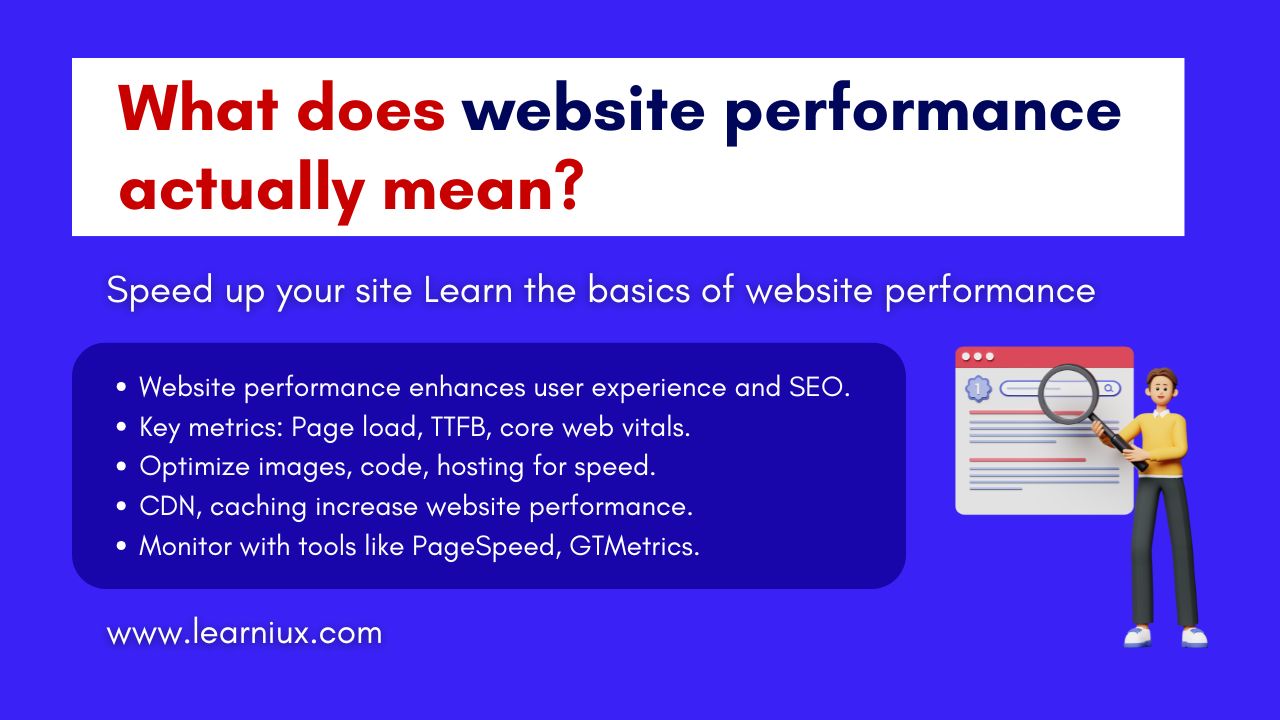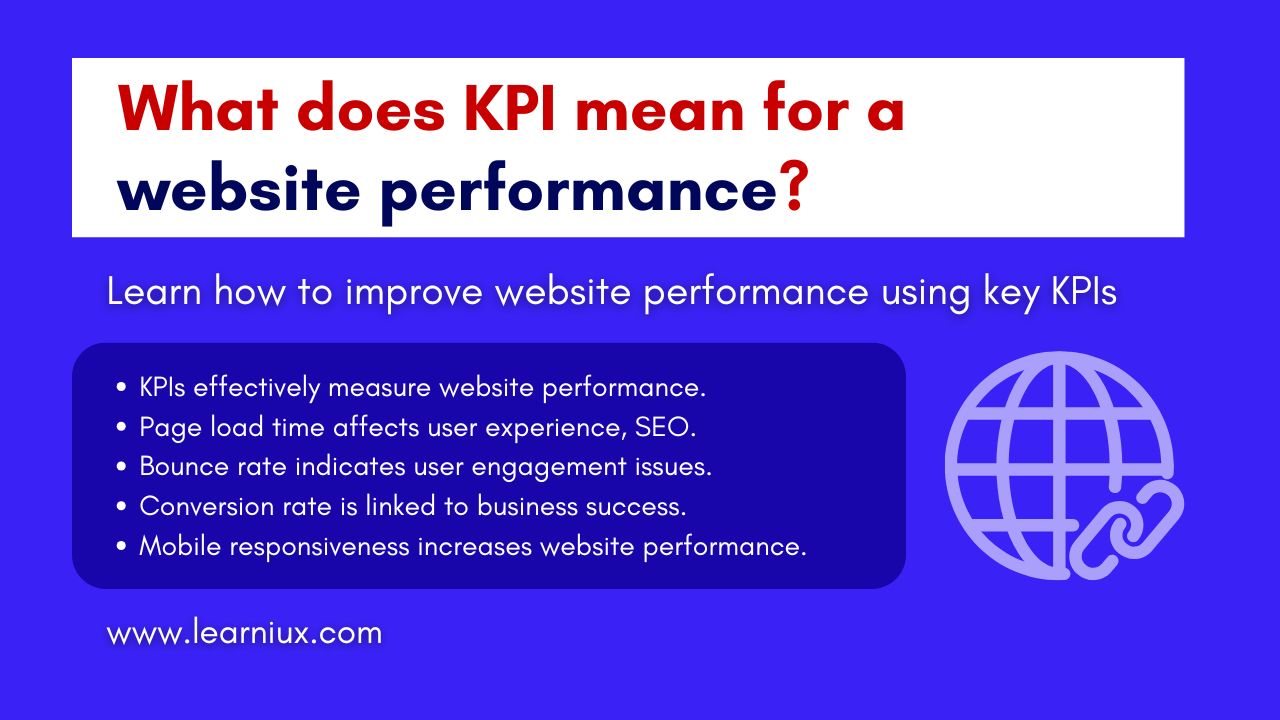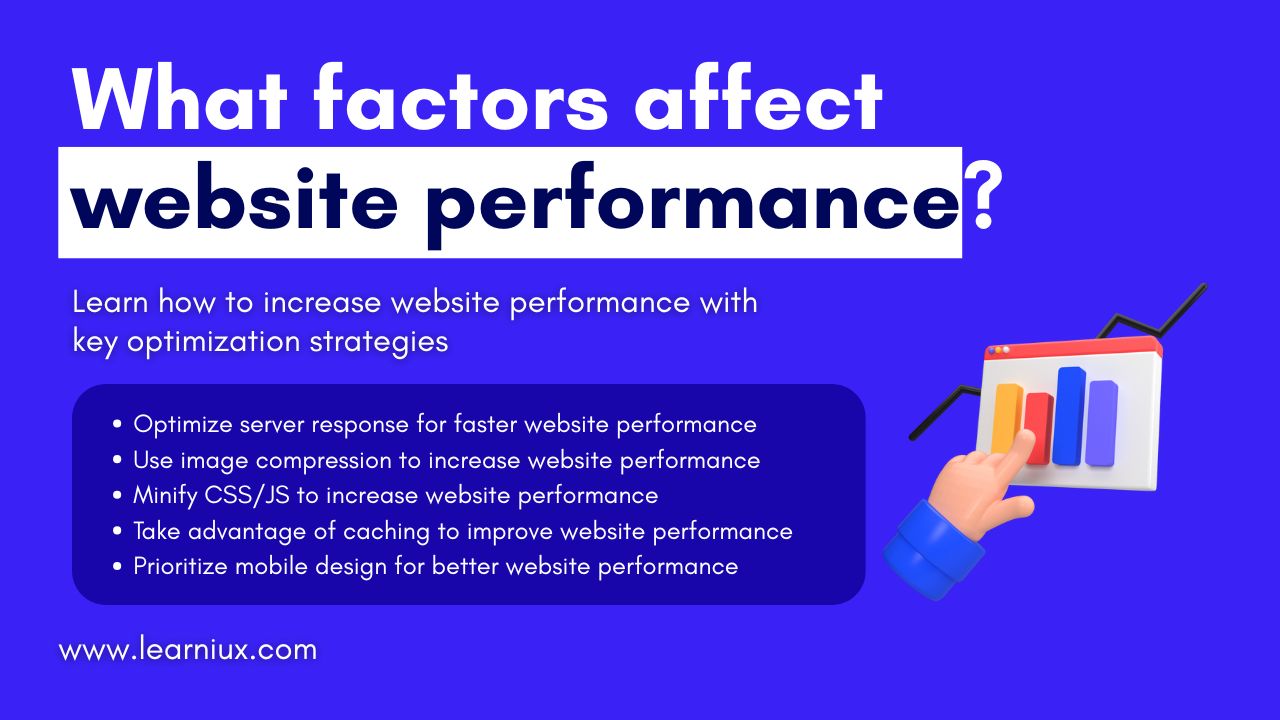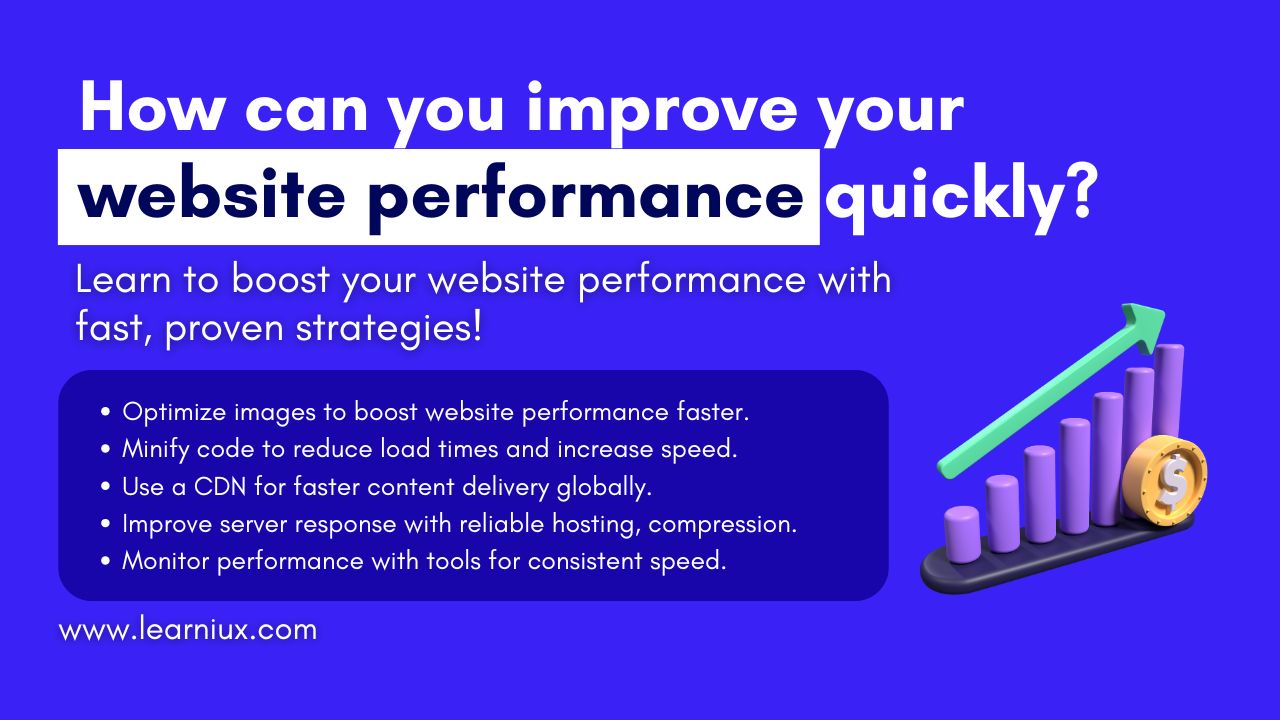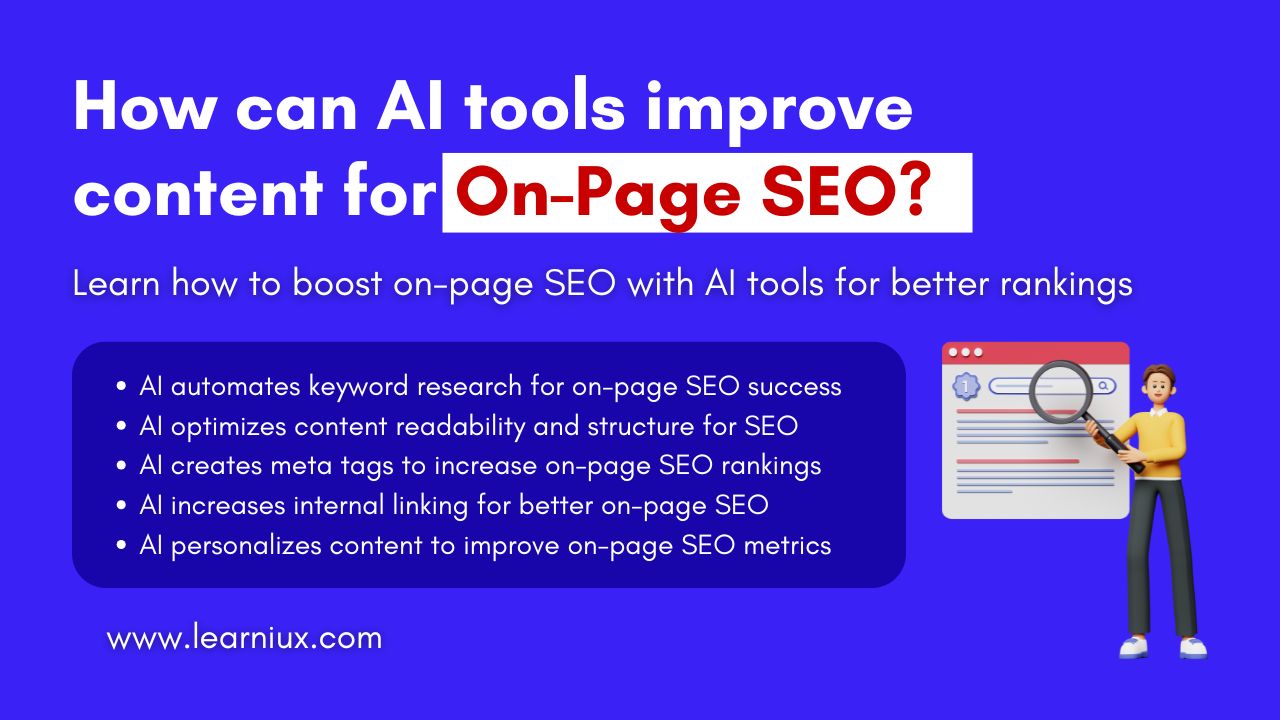Technical SEO is the foundation of a website’s success in search engine rankings. It involves optimizing the technical aspects of a website to ensure that search engines can crawl, index, and rank it effectively. For beginners, the question often arises: Is technical SEO difficult to learn and implement? While it may seem complicated at first, with the right approach, tools, and resources, technical SEO is easy for anyone willing to invest the time and effort. This article breaks down the learning curve, challenges, and practical steps to mastering technical SEO, providing a comprehensive guide for beginners and intermediate learners.
The goal of technical SEO is to create a seamless experience for search engines and users. Unlike content SEO, which focuses on keywords and quality content, technical SEO is concerned with the backend (site structure, speed, security, and more). By addressing these factors, you ensure that your website is discoverable and performs well in search results.
Understanding the Basics of Technical SEO
Technical SEO is the process of optimizing a website’s infrastructure to improve its visibility on Google, Bing, and other search engines. It ensures that search engine crawlers can access, interpret, and index your site’s content without any issues. For those new to technical SEO, understanding its key components is the first step towards mastering it.
Key Components of Technical SEO
Technical SEO includes several key areas that affect how search engines interact with your site:
- Site Speed: A fast-loading website improves the user experience and is a ranking factor for search engines. Tools like Google PageSpeed Insights can help identify areas for improvement in technical SEO.
- Crawlability: Search engines use bots to crawl websites. Ensuring that your site is crawlable means that bots can navigate and index your pages effectively. XML sitemaps and proper internal linking are essential for technical SEO.
- Mobile-friendliness: With mobile-first indexing, search engines prioritize the mobile version of your site. Technical SEO ensures that your site is responsive and performs well on all devices.
- Security (HTTPS): Search engines prefer websites that are secure using HTTPS and build trust with users. Implementing SSL certificates is an important technical SEO task.
- Structured data: Using schema markup helps search engines understand your content, enabling rich snippets in search results, which can increase click-through rates.
By focusing on these elements, you build a strong technical SEO foundation that supports your overall SEO strategy.
Why Technical SEO Matters Today
In today’s competitive digital landscape, technical SEO is non-negotiable. Search engines have become more sophisticated, prioritizing user experience metrics like page load speed, mobile usability, and secure browsing. A website with poor technical SEO can struggle to rank, even if its content is exceptional. For example, if your site takes too long to load or isn’t mobile-friendly, users may leave, increasing your bounce rate and signaling poor quality to search engines.
Additionally, technical SEO affects how search engines allocate their crawl budget. If your site has errors like broken links or duplicate content, crawlers may waste time on irrelevant pages, reducing the visibility of your important content. By mastering technical SEO, you ensure that your site is optimized for both users and search engines, leading to better rankings and higher traffic.
Challenges in Learning Technical SEO
Learning technical SEO can seem daunting, especially for those without a technical background. However, the perceived difficulty often stems from misunderstandings and a lack of structured learning.
Common Misconceptions About Technical SEO Difficulty
One of the biggest misconceptions about technical SEO is that it requires advanced programming skills. While knowledge of HTML, CSS, or JavaScript can be helpful, many technical SEO tasks can be accomplished using user-friendly tools and platforms. For example, content management systems (CMS) like WordPress offer plugins that simplify technical SEO tasks, such as creating XML sitemaps or optimizing meta tags.
Another misconception is that technical SEO is a one-time job. In reality, it is an ongoing process that requires regular maintenance and updates to keep up with search engine algorithm changes. Understanding this dynamic nature is important for anyone learning technical SEO.
Overcoming the Learning Barriers to Technical SEO
To overcome the challenges of learning technical SEO, start with a structured approach:
- Free resources: Websites like Google’s Search Central, Moz, and SEMrush offer beginner-friendly guides to technical SEO. YouTube tutorials and blogs can also provide practical insights.
- Practice on a test site: Create a test site to experiment with technical SEO techniques, such as editing robots.txt files or implementing structured data. This hands-on approach builds confidence.
- Be clear: Instead of tackling all aspects of technical SEO at once, focus on one area at a time, such as site speed or mobile optimization.
- Join communities: Participate in SEO communities on platforms like Reddit, X, or LinkedIn to ask questions and learn from experienced professionals.
By overcoming these barriers, technical SEO becomes less intimidating and more achievable.

Step-by-Step Guide to Learning Technical SEO
To learn technical SEO effectively, follow a structured roadmap that progresses from beginner to advanced concepts.
Start with the Basics of Technical SEO
Start with the basics to build a strong foundation:
- HTTPS Implementation: Ensure your website uses HTTPS by installing an SSL certificate. Most hosting providers offer this as a simple process.
- Canonical Tags: Use canonical tags to avoid duplicate content issues, which can confuse search engines. For example, make sure http://example.com and https://example.com resolve to the same URL.
- XML Sitemap: Create and submit an XML sitemap to search engines via Google Search Console. This helps crawlers find your pages efficiently.
- Robots.txt: Learn to configure your robots.txt file to control which pages search engines can crawl. This is an important technical SEO skill.
These basics are easy to understand and provide immediate benefits to your site’s performance.
Advancing Your Technical SEO Skills
Once you’re familiar with the basics, move on to more complex technical SEO topics:
- JavaScript Rendering: Understand how search engines process JavaScript-heavy websites. Tools like Google’s Mobile-Friendly Test can help you assess rendering issues.
- Core Web Vitals: Focus on metrics like Largest Contentful Paint (LCP), First Input Delay (FID), and Cumulative Layout Shift (CLS). These user-centric metrics are key to technical SEO.
- Site Architecture: Optimize your site’s structure for logical navigation and crawlability. Use breadcrumb navigation and internal linking to enhance technical SEO.
- Crawl Errors: Regularly check for 404 errors, redirects, or broken links using tools like Screaming Frog or Ahrefs.
Practice these concepts through site audits and real-world applications to hone your technical SEO skills.
Resources to Master Technical SEO
To accelerate your learning, use these resources:
- Google Search Console: Monitor your site’s performance, identify crawl errors, and track technical SEO metrics.
- Online Courses: Platforms like Coursera, Udemy, and Moz Academy offer courses tailored to technical SEO.
- SEO Blogs: Follow industry leaders like Search Engine Journal, Backlinko, and Ahrefs for the latest technical SEO insights.
- Communities: Join forums like the SEO subreddit or X Groups to discuss technical SEO challenges and solutions.
By combining these resources with hands-on practice, you will master technical SEO faster.
Implementing Technical SEO on Your Website
To implement technical SEO, you need to translate your knowledge into actionable steps. With the right tools and strategies, you can effectively optimize your site.
Essential Tools for Implementing Technical SEO
Several tools make technical SEO implementation easy:
- Screaming Frog: A powerful crawler that identifies technical SEO issues such as broken links, duplicate content, and missing meta tags.
- Google PageSpeed Insights: Analyzes site speed and provides recommendations for improving technical SEO.
- Ahrefs: Offers comprehensive site audits to identify technical SEO weaknesses.
- GTMetrics: Evaluates page load times and suggests optimizations for technical SEO.
- Google Search Console: Tracks indexing issues, crawl errors, and core web vitals for technical SEO monitoring.
These tools make it easy to identify and fix technical SEO issues, even for beginners.
Best Practices for Effective Technical SEO
Follow these best practices to ensure successful technical SEO implementation:
- Prioritize mobile optimization: Use responsive design to ensure your site performs well on all devices. Check mobile usability with Google’s Mobile-Friendly Test.
- Optimize site speed: Compress images, enable browser caching, and use a content delivery network (CDN) to improve technical SEO.
- Fix crawl errors: Regularly audit your site for 404 errors, redirect loops, or blocked resources that hinder technical SEO.
- Implement structured data: Use schema markup to increase search result visibility. Tools like Google’s Structured Data Markup Helper make this process easy.
- Monitor Core Web Vitals: A key component of technical SEO, track LCP, FID, and CLS to ensure a great user experience.
By following these practices, you’ll create a technically sound website that will rank well.
Case Studies in Successful Technical SEO Implementation
Real-world examples highlight the impact of technical SEO:
- E-commerce Site Turnaround: An online retailer struggling with slow load times implemented technical SEO by optimizing images and enabling lazy loading. In three months, the improved technical SEO metrics led to a 25% increase in their organic traffic.
- Blog Site Recovery: A blog with a duplicate content issue used canonical tags and fixed broken links, resulting in a 15% increase in rankings after fixing technical SEO errors.
- Local Business Success: A small business optimized its mobile site and added schema markup, which resulted in a 30% increase in rich snippets and click-through rates.
These case studies show that technical SEO, when implemented correctly, delivers measurable results.
Common Mistakes to Avoid in Technical SEO
Despite good intentions, mistakes in technical SEO can hinder your efforts. Here are some common pitfalls and how to avoid them:
- Ignoring mobile optimization: Failing to prioritize mobile usability can hurt rankings, as search engines use mobile-first indexing. Test and optimize for mobile devices regularly.
- Ignoring redirects: Incorrectly configured 301 or 302 redirects can confuse search engines. Always verify redirects during a technical SEO audit.
- Ignoring site speed: Slow-loading pages frustrate users and lower rankings. Use tools like GTmetrix to fix speed issues in technical SEO.
- Misconfiguring robots.txt: Blocking important pages in your robots.txt file can prevent indexing. Double-check your robots.txt settings for technical SEO accuracy.
By avoiding these mistakes, you ensure that your technical SEO efforts are effective and sustainable.
The Future of Technical SEO
Technical SEO is evolving with advancements in search engine algorithms and user expectations. Emerging trends include:
- AI and Machine Learning: Search engines are using AI to better understand user intent, making technical SEO more important for accurate indexing.
- Voice Search Optimization: As voice search grows, technical SEO should consider conversational questions and structured data.
- Privacy and Security: With the increasing focus on data privacy, technical SEO will prioritize safe browsing and compliance with regulations like GDPR.
Staying up to date on these trends ensures that your technical SEO skills remain relevant.
Conclusion
Is technical SEO difficult to learn and implement? The answer depends on how you look at it. While technical SEO involves complex elements like site speed, crawlability, and structured data, it’s not impossible to master. Beginners can start with basic concepts like HTTPS implementation and XML sitemaps, which are easy to master with the right tools. Platforms like Google Search Console and Screaming Frog simplify technical SEO tasks, making them accessible even without coding skills. By breaking the learning process down into manageable steps and using trusted resources like online tutorials and SEO communities, anyone can build proficiency. Staying up to date with search engine algorithm changes is crucial to ensuring that your technical SEO skills remain relevant in an ever-evolving digital landscape.
Implementing technical SEO requires consistent effort, but the benefits make it worthwhile. Effective technical SEO leads to higher search rankings, improved user experience, and increased organic traffic. For both beginners and experienced marketers, investing time in technical SEO can help boost website performance. Start with small, actionable steps like site speed optimization or fixing crawl errors, and gradually move on to more advanced topics like Core Web Vitals. Experimentation and regular audits help refine your approach, keeping your site competitive. With dedication and the right tools, technical SEO becomes a powerful asset, transforming your website into a search engine favorite and driving long-term success in the dynamic world of search.
FAQs
What is technical SEO and why is it important?
Technical SEO involves optimizing a website’s infrastructure so that search engines can crawl, index, and rank it effectively. It focuses on factors like site speed, mobile-friendliness, and secure connections (HTTPS). Unlike content SEO, which is concerned with keywords and content quality, technical SEO ensures that the backend of a website functions smoothly. This is important because search engines prefer sites that provide a great user experience. For example, a slow-loading site or a site with crawl errors can rank poorly even with great content. Technical SEO helps search engines find and understand your pages, improving visibility. It also increases user satisfaction by reducing bounce rates and improving navigation. Neglecting technical SEO can lead to missed opportunities for organic traffic. By addressing technical issues, you build a strong foundation for overall SEO success.
Is technical SEO difficult for beginners to learn?
Technical SEO can seem daunting for beginners, but with the right approach, it can be manageable. Many assume that it requires advanced coding skills, but tools like Google Search Console and Screaming Frog make the task easier. Start with the basics, like creating an XML sitemap or fixing broken links, which are easy to understand. Online tutorials, blogs, and communities provide beginner-friendly resources for learning technical SEO. Breaking the process down into smaller steps, like optimizing site speed or implementing HTTPS, reduces complexity. Practicing on a test site builds confidence without risking a live website. With consistent effort, anyone can understand key concepts like crawlability and structured data. Joining SEO forums or groups can help clear up doubts and stay up-to-date. Over time, technical SEO becomes less intimidating and more intuitive.
Do I need coding skills to implement technical SEO?
Coding skills are not mandatory to implement technical SEO, although they can be helpful. Many technical SEO tasks, such as creating a sitemap or adding meta tags, can be done using CMS plugins like Yoast or Rank Math. Tools like Ahrefs and GTmetrix identify issues like slow load times without requiring programming knowledge. A basic understanding of HTML or CSS can help with tasks like editing robots.txt files or adding schema markup. However, user-friendly platforms and guides make technical SEO accessible to non-coders. For complex issues like JavaScript rendering, online tutorials clearly break down the steps. Beginners can rely on automated tools and templates to handle most technical SEO tasks. Over time, learning basic coding can increase efficiency but is not a prerequisite. With practice, anyone can implement technical SEO effectively.
What are the most important technical SEO elements to focus on?
Key technical SEO factors include site speed, mobile-friendliness, crawlability, security, and structured data. Fast-loading pages improve the user experience and are a ranking factor for search engines. Mobile optimization is crucial because of mobile-first indexing, which ensures that your site performs well on all devices. Easy crawlability through XML sitemaps and proper internal linking helps search engines index your content. Implementing HTTPS builds trust and makes search engines more likely to favor it. Structured data, such as schema markup, increases search result visibility along with rich snippets. Monitoring core web vitals, such as the largest contentful page, ensures a smooth user experience. Regular audits using tools like Screaming Frog can detect errors like broken links. Focusing on these factors strengthens your technical SEO foundation and increases rankings.
How can I learn technical SEO effectively?
To learn technical SEO effectively, start with a structured approach and reliable resources. Start with free tools like Google Search Console to understand site performance and crawl errors. Online platforms like Moz, SEMrush, and YouTube offer beginner-friendly tutorials on technical SEO. Focus on one topic at a time to avoid overdoing it, such as site speed or robots.txt configuration. Practice on a test site to safely experiment with technical SEO techniques. Joining SEO communities on platforms like Reddit or X provides insights and answers to questions. Regularly read industry leader blogs like Search Engine Journal to stay up-to-date. Hands-on practice, such as conducting a site audit, reinforces learning. Over time, technical SEO can be mastered by combining resources and practical applications.
What tools are needed to implement technical SEO?
Essential tools for technical SEO include Google Search Console, Screaming Frog, Ahrefs, GTMetrics, and Google PageSpeed Insights. Google Search Console tracks indexing issues and core web vitals, providing free insights into technical SEO performance. Screaming Frog crawls sites to identify broken links, duplicate content, and other errors. Ahrefs provides comprehensive site audits and competitive analysis for technical SEO improvements. GTMetrics analyzes page load times and suggests optimizations to increase speed. Google PageSpeed Insights assesses site performance and provides actionable recommendations. These tools simplify complex tasks, making technical SEO easier for beginners. Using them regularly helps to efficiently monitor and resolve issues. Combining multiple tools ensures a holistic approach to technical SEO implementation.
How does technical SEO affect search engine rankings?
Technical SEO directly impacts search engine rankings by ensuring that a website is accessible and user-friendly. Search engines like Google prefer sites with fast load times, mobile optimization, and secure connections (HTTPS). Crawlability, enabled by proper sitemaps and internal linking, allows search engines to index content effectively. Technical issues like 404 errors or redirect loops can waste crawl budget, reducing visibility. Structured data enhances search results with rich snippets, increasing click-through rates. Core web vitals, such as first input delay, reflect user experience, a key ranking factor. A technically sound site signals quality to search engines, improving rankings. Neglecting technical SEO can lead to poor performance despite strong content. Regular audits ensure ongoing ranking benefits.
What are some common technical SEO mistakes to avoid?
Common technical SEO mistakes include ignoring mobile optimization, misconfiguring robots.txt, ignoring site speed, and ignoring redirects. Failure to optimize for mobile can lead to ranking loss due to mobile-first indexing. Incorrect robots.txt settings can prevent important pages from being indexed, resulting in poor visibility. Slow-loading pages frustrate users and lower rankings, which can be fixed with tools like GTMetrics. Incorrect redirects like 302 instead of 301 confuse search engines. Duplicate content without canonical tags can reduce ranking potential. Ignoring core web vitals can lead to poor user experience, which can impact rankings. Regular audits using tools like Screaming Frog can catch these errors. Being proactive and testing changes ensures technical SEO success.
How long does it take to see results from technical SEO?
The time it takes to see results from technical SEO depends on the state of the site and the changes implemented. Simple fixes like adding HTTPS or fixing broken links can see results in a matter of weeks. Complex issues like optimizing JavaScript rendering or site architecture can take months to impact rankings. Search engines take time to recrawl and reindex pages after technical SEO changes. Regular monitoring with Google Search Console tracks progress. Consistency in fixing issues like core web vitals or crawl errors accelerates results. Factors like competition and content quality also impact the timeline. On average, significant improvements in traffic and rankings are seen within 3-6 months. Consistent efforts ensure long-term technical SEO success.
Can technical SEO be outsourced or handled in-house?
Depending on resources and skills, technical SEO can be outsourced or managed in-house. Outsourcing complex tasks like JavaScript rendering or large-scale audits to agencies or freelancers is ideal, saving time. In-house handling is a good fit for those who use tools like Ahrefs and want to learn the technical SEO basics. Small businesses can start with plugins like Yoast for simple tasks. Outsourcing ensures expert implementation but can be more expensive, while in-house builds long-term skills. A hybrid approach (outsourcing complex tasks while learning the basics) works well. Online resources and communities support in-house learning. Regardless of the approach, regular monitoring ensures technical SEO success. Choose according to your budget, goals, and team capabilities.























